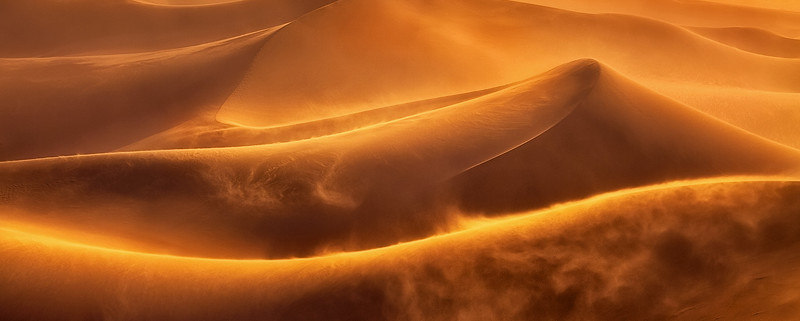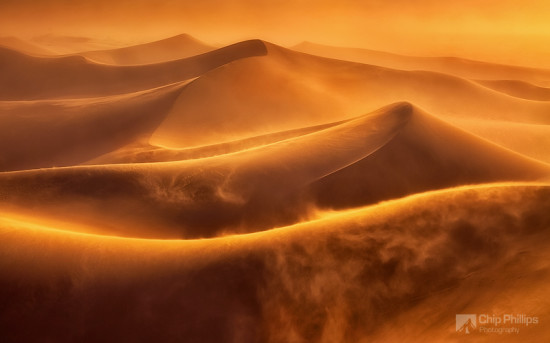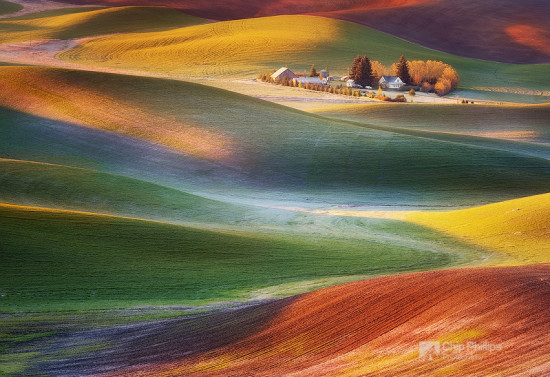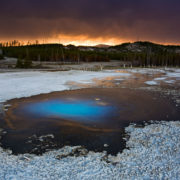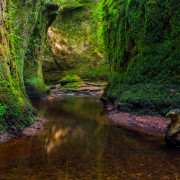My 3 Favorite Camera Lenses for Landscape Photography
As a passionate landscape photographer, choosing the right camera lens can make all the difference in capturing stunning images. Over the years, I have experimented with various lenses, but three stand out as my go-to camera lenses for versatility, image quality, and practicality. My favorite lenses are the Canon 24-70mm f/4L IS, Canon 11-24mm f/4L, and Canon 70-200mm f/4L IS. Each of these lenses serves a unique purpose in my photography, allowing me to adapt to different compositions, lighting conditions, and creative visions. In this article, I will discuss why these lenses are essential in my kit and how they enhance my photographic experience.
Canon 24-70mm f/4L IS: The Versatile All-Rounder
When my wide-angle lens captures too much of the scene, I turn to the Canon 24-70mm f/4L IS. This lens is the perfect balance between wide-angle and telephoto, making it incredibly versatile for a variety of shooting situations. It’s lightweight, easy to carry, and packed with features that make it a joy to use.
Key Features and Benefits:
- Perfect Focal Range: Covering a focal length from 24mm to 70mm, this lens offers both wide-angle and short telephoto capabilities. It’s great for capturing landscapes, street photography, and even portraits.
- Lightweight and Compact: Unlike bulkier alternatives, this lens is easy to carry, making it ideal for travel and on-the-go shooting.
- Image Stabilization (IS): Initially, I didn’t think IS was necessary for landscape photography. However, I frequently use this lens handheld, and the IS feature helps reduce camera shake, resulting in sharp images.
- True-to-Life Perspective: At 50mm, this lens replicates what the human eye naturally sees, making it an excellent choice for capturing natural-looking compositions.
Why I Love It:
The Canon 24-70mm f/4L IS is my “desert island” lens—if I could only carry one lens, this would be it. Its versatility and image quality make it suitable for almost any situation, from capturing sweeping landscapes to isolating specific elements within a scene. It’s a reliable workhorse that consistently delivers excellent results.
Canon 11-24mm f/4L: The Ultimate Wide-Angle Lens
The Canon 11-24mm f/4L is the first lens I reach for when I want to capture the grandeur of a landscape. This lens is a game-changer for wide-angle photography, offering an incredibly large field of view that allows me to exaggerate leading lines, emphasize dramatic skies, and highlight interesting foregrounds. It’s the lens I use for 90% of my photography, and for good reason.
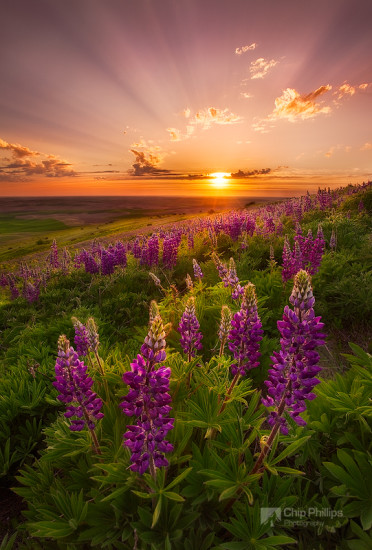
Captured with Canon 11-24 f/4L, Crepuscular rays and spring wildflowers in the Palouse Region, Washington State
Key Features and Benefits:
- Expansive Field of View: With a focal range from 11mm to 24mm, this lens enables me to capture vast landscapes, immersive architectural shots, and dynamic perspectives.
- Exaggerated Leading Lines: I love using this lens to emphasize depth in an image, drawing the viewer’s eye into the scene with strong foreground elements.
- Creative Foregrounds: Thanks to its extremely close minimum focusing distance, I can get up close to objects while still including a sweeping background, adding artistic depth to my images.
- Careful Composition: With such a wide angle of view, it’s essential to be mindful of unwanted elements creeping into the frame. Proper framing ensures a balanced and compelling shot.
Why I Love It:
The Canon 11-24mm f/4L is my go-to lens for capturing the essence of a landscape. Its ability to exaggerate perspectives and create depth makes it an invaluable tool for storytelling through photography. Whether I’m shooting a sunrise over a canyon or a stormy sky above the ocean, this lens never fails to deliver stunning results.
Canon 70-200mm f/4L IS: The Telephoto Powerhouse
Last but certainly not least is the Canon 70-200mm f/4L IS, my favorite telephoto lens for landscape photography. This lens allows me to change the perspective of a scene, compressing distant elements and creating a sense of intimacy in vast landscapes.
Key Features and Benefits:
- Compression Effect: This lens alters perspective by bringing background and foreground elements closer together, creating a stunning layered effect in landscape shots. This lens proved especially useful when capturing the undulating landscapes of The Palouse, allowing me to highlight intricate details in the scenery.
- Lightweight and Portable: Unlike its heavier f/2.8 counterpart, the f/4 version is easier to carry without sacrificing too much on quality.
- Image Stabilization for Handheld Shooting: I’ve found the IS feature invaluable when shooting without a tripod, ensuring sharp images even at longer focal lengths.
- Extended Range with Tele-Extender: By pairing this lens with a 1.4x tele-extender, I can achieve a longer focal length of 280mm, providing even more reach for distant subjects.
- Aperture Trade-Off for Cost and Weight: While some photographers prefer f/2.8 lenses for better low-light performance, I find that f/4 suffices for my needs. Since I rarely shoot below f/4, I don’t see the need to carry the extra weight and cost of the f/2.8 version.
Why I Love It:
The Canon 70-200mm f/4L IS is my secret weapon for capturing unique perspectives in landscape photography. Its ability to compress scenes and bring distant elements closer together adds a new dimension to my work. Whether I’m shooting a distant mountain range or a lone tree in a field, this lens helps me create images that stand out.
Conclusion: My Go To Camera Lenses
Photography is all about storytelling, and having the right tools makes all the difference. My Canon 24-70mm f/4L IS, Canon 11-24mm f/4L, and Canon 70-200mm f/4L IS allow me to adapt to any landscape, capture breathtaking compositions, and express my artistic vision. Whether I need versatility, an expansive field of view, or powerful telephoto compression, these three lenses have proven to be indispensable in my photography journey. Together, they cover virtually every shooting scenario I encounter in the field.
Whether you’re a seasoned landscape photographer or just starting out, I highly recommend considering these lenses for your kit. They offer a perfect balance of performance, portability, and affordability, making them ideal for capturing the beauty of the natural world. With these lenses by my side, I feel confident and inspired to explore new landscapes and push the boundaries of my creativity.
Original Article Published in May 2016.

